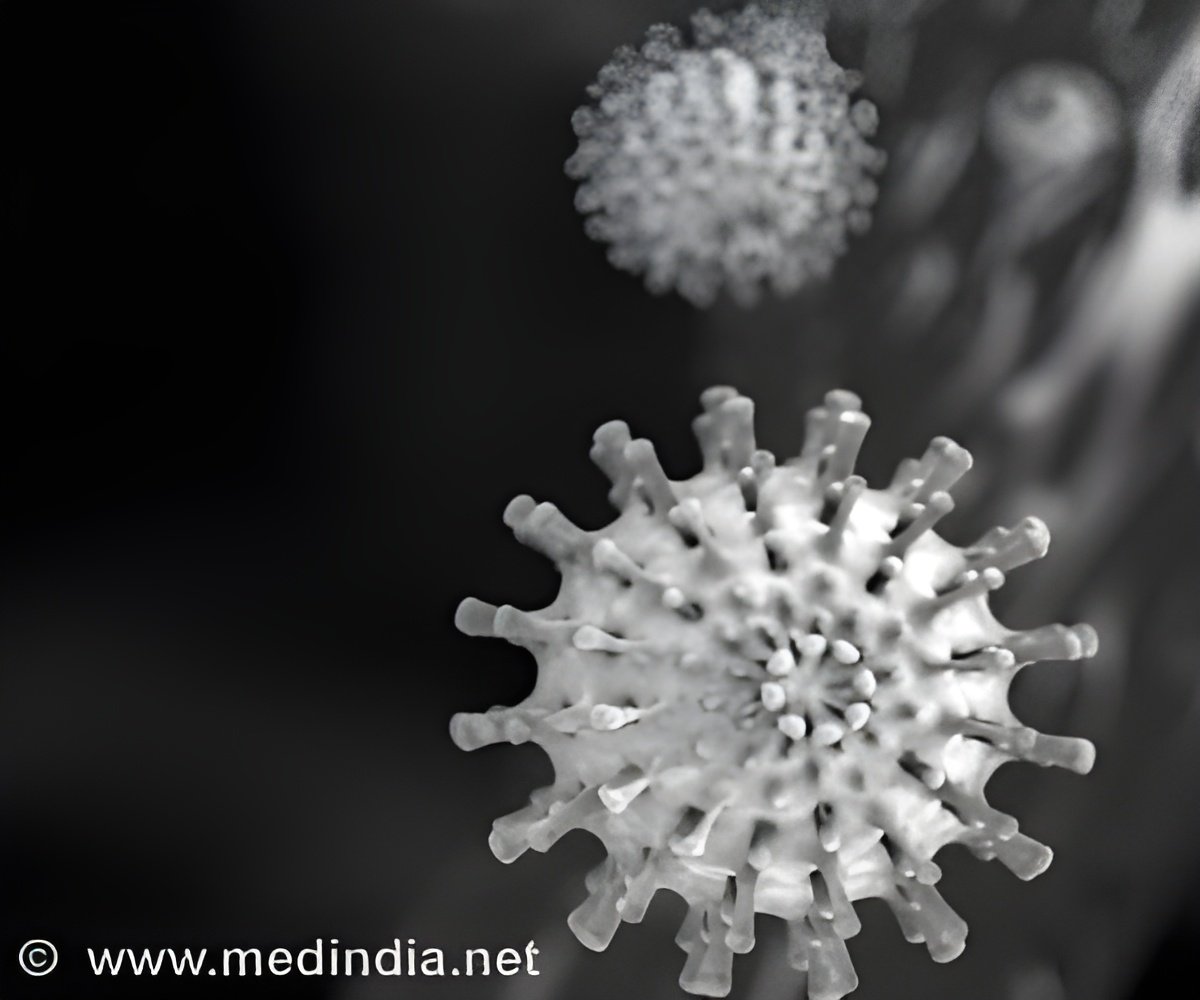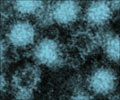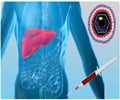By activating a naturally occurring protein at the cellular level, the human body has the ability to ward off viruses.

"Previous studies have shown that our bodies are already equipped to block viruses such as Ebola, influenza, West Nile, and SARS," said Jae U. Jung, principal investigator and distinguished professor and chair of the Molecular Microbiology and Immunology Department. The study, "The antiviral effector IFITM3 disrupts intracellular cholesterol homeostasis to block viral entry," was published in the journal Cell Host & Microbe on April 17, 2013.
"We showed how this occurs," Jung said. "When a virus tries to enter, the immune system gets stimulated by interferon, which produces almost 300 host proteins, including IFITM3. This protein then disrupts the interaction between two other proteins, which, in turn, significantly increases the level of cholesterol in cells, and thereby blocks the virus."
Jung added that the increase in cholesterol is only within the endosome compartment of cells and has no impact on or effect from the level of cholesterol in the bloodstream.
Joining Jung in the study were Samad Amini-Bavil-Olyaee, Keck School postdoctoral research associate and first author of the paper, as well as Youn Jung Choi, Keck School graduate student and second author, and researchers from the University of California, Riverside and Scripps Research Institute. The research was funded by the National Institutes of Health (grants CA082057, CA31363, CA115284, DE019085, AI073099, AI083025, HL110609) and the Fletcher Jones Foundation.
Scientists long have known that interferon, a protein released by the body's cells and named after its ability to "interfere" with viral replication, can inhibit the spread of viruses, but didn't understand how. The Keck School investigators found that interferon-inducible transmembrane protein 3 (IFITM3) can disrupt the interaction between Vesicle-membrane-associated protein (VAPA) and oxysterol-binding protein (OSBP) that regulates the transport and stability of cholesterol, which are required for many viruses to take hold.
Jung explained that in the most recent investigation, the rise in cholesterol was found to occur in the endosome compartment within the cell membrane. "The membrane is usually very flexible," he said. "With an increase in cholesterol it becomes rigid, and doesn't allow viruses to pass through the endosome compartment into cytosol, the fluid portion inside cells. We were surprised to find that changing the balance of cholesterol concentration affects viral entry."
Source-Eurekalert
 MEDINDIA
MEDINDIA




 Email
Email




